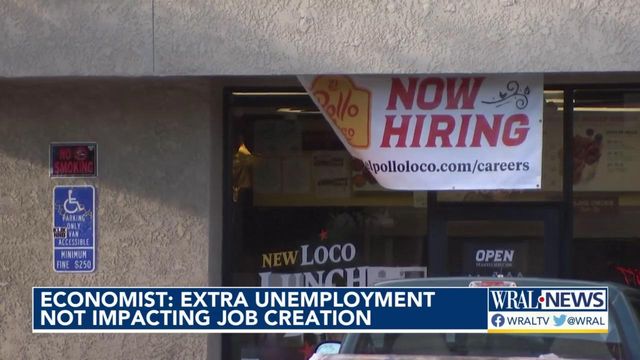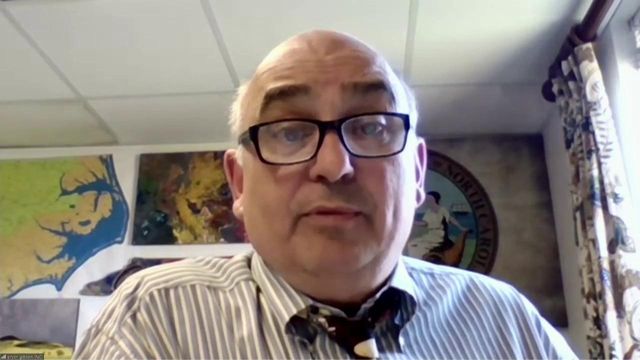Low wages, unemployment benefits, child care all factor into who is willing to look for work
New research from the nonpartisan National Bureau of Economic Research suggests there are plenty of factors keeping some on the sidelines of the growing job market.
Posted — UpdatedThe Senate must still pass the bill and Gov. Roy Cooper must sign it before it would become law. Thirty days later, that extra help would end.
But there is no guarantee that would drive more workers to look for jobs. New research from the nonpartisan National Bureau of Economic Research suggests there are plenty of factors keeping some on the sidelines of the growing job market.
During the pandemic, Christina Jones has been a teacher, guiding her daughters in virtual school.
"That has been draining coming from being a working mother, coming from being an operations manager at a restaurant," she said.
A pandemic furlough forced her onto unemployment, but she was able to save money by staying home more and socking away a share of her jobless benefits.
While she worked outside the home, Jones said, "practically my whole check was going to child care."
"It was a painful experience for everyone to go through last year, and it’s painful now to vilify those of us who lost our jobs and want to be in the work force but have reasons we can’t be," she said.
A report from the National Bureau of Economic Research reveals that extra federal unemployment cash did not affect job creation or decrease employment.
Across the state, the job participation rate – the number of people working or actively searching for work – bottomed out at just over 56 percent early in the pandemic. By April 2021, it was back to 60 percent, just a point and a half below where it was in April 2019.
Ioana Elena Marinescu, an assistant professor of public policy at the University of Pennsylvania School of Social Policy and Practice and a faculty research fellow at the National Bureau of Economic Research, said, "What I think is going on is the main factor is simply the bottleneck – meaning that everybody is trying to hire at the same time."
She says the bill to end extra unemployment benefits would take money out of North Carolina's economy, money those collecting those benefits are now spending to spur local business growth.
"If you cut benefits, you’re going to hurt those people who are legitimately unemployed and are waiting for a decent job for their skills," she said.
When extra benefits end nationwide in September, Marinescu expects another surge of people looking for work.
Related Topics
• Credits
Copyright 2024 by Capitol Broadcasting Company. All rights reserved. This material may not be published, broadcast, rewritten or redistributed.






